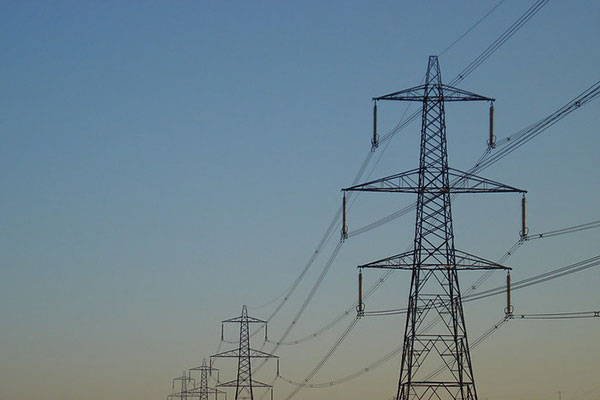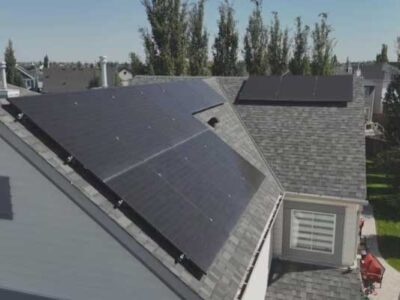Halifax — Canada is allocating more than $192 million in federal funding for six clean electricity projects in Nova Scotia. Federal Energy Minister Jonathan Wilkinson announced the investment at the Halifax headquarters of Nova Scotia Power, the province’s primary electric utility.
Major Funding for Battery Storage and Wind Farms
Wilkinson detailed that $117.6 million will be allocated to Nova Scotia Power for the installation of three 50-megawatt battery storage systems.
These systems will be located in Bridgewater, Spider Lake near Waverly, and White Rock. This funding supplements a $138.2-million loan from the Canada Infrastructure Bank announced in February.

Nova Scotia is one of eastern Canada’s Maritime provinces on the Atlantic. Consisting of a peninsula and offshore islands, it’s home to puffins and seals, and popular for water sports like kayaking.
Wilkinson emphasized the collaborative efforts of the federal government and the Nova Scotia and New Brunswick provinces to phase out coal by 2030, highlighting the decarbonization goal as a fundamental economic and environmental priority.
“The private sector is increasingly prioritizing access to clean electricity to underpin economic opportunities and economic competitiveness and to seize future growth opportunities,” Wilkinson told reporters.
In addition to the battery projects, three wind farms will receive $25 million each from Ottawa’s $4.5-billion Smart Renewables and Electrification Pathways Program.
The funds will support the development of the 33.6-megawatt Benjamin Mill project near Windsor, the 100-megawatt Higgins Mountain project, and the 84-megawatt Wedgeport wind farm in the District of Argyle.
Provincial Efforts and Future Goals

Nova Scotia is one of eastern Canada’s Maritime provinces on the Atlantic. Halifax, the capital, dominated by the star-shaped Citadel, is known for its lively waterfront and Victorian-era Public Gardens.
Mark Sidebottom, chief clean energy officer for Nova Scotia Power, welcomed the federal support, noting that the province aims to source 80 percent of its energy from renewables by 2030.
He mentioned that work on the battery storage projects in Bridgewater and Spider Lake is already underway, with all three sites expected to be operational by 2026 and at least two of the sites to be online by the end of 2025.
These battery storage systems are designed to store energy and release it to the grid when needed.
Addressing Financial Challenges
Wilkinson also addressed ongoing discussions with Nova Scotia officials regarding federal assistance for covering fuel debt costs accrued by Nova Scotia Power due to delays in startup the Muskrat Falls hydroelectric project in Labrador.
These delays could potentially lead to increased power rates as early as this fall.
“At the end of the day, we are all interested in ensuring affordability for Nova Scotia ratepayers and doing so in a fiscally prudent manner,” Wilkinson said.
He added that the federal government would likely respond to Nova Scotia’s request within the next few months.














Comments